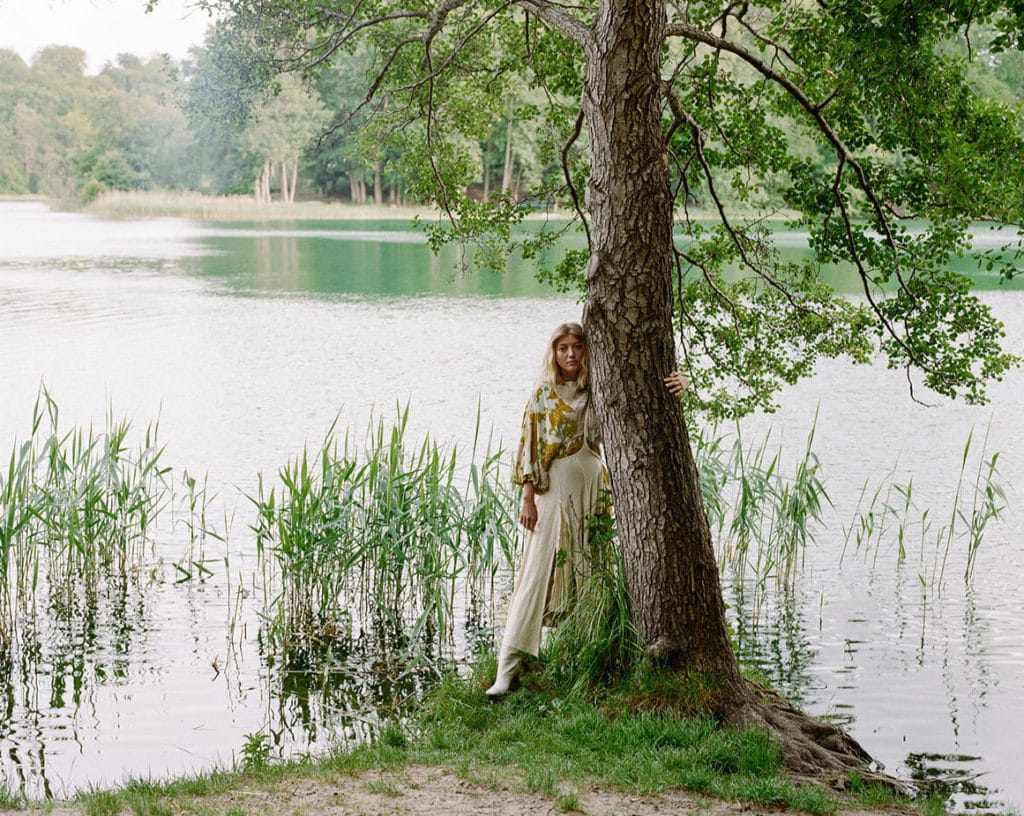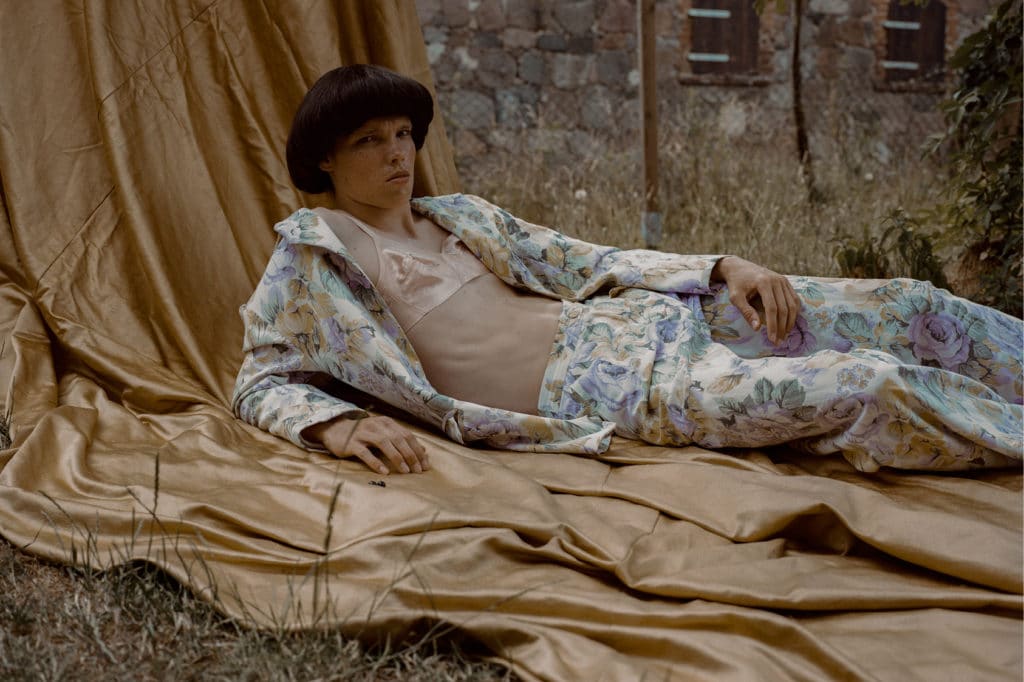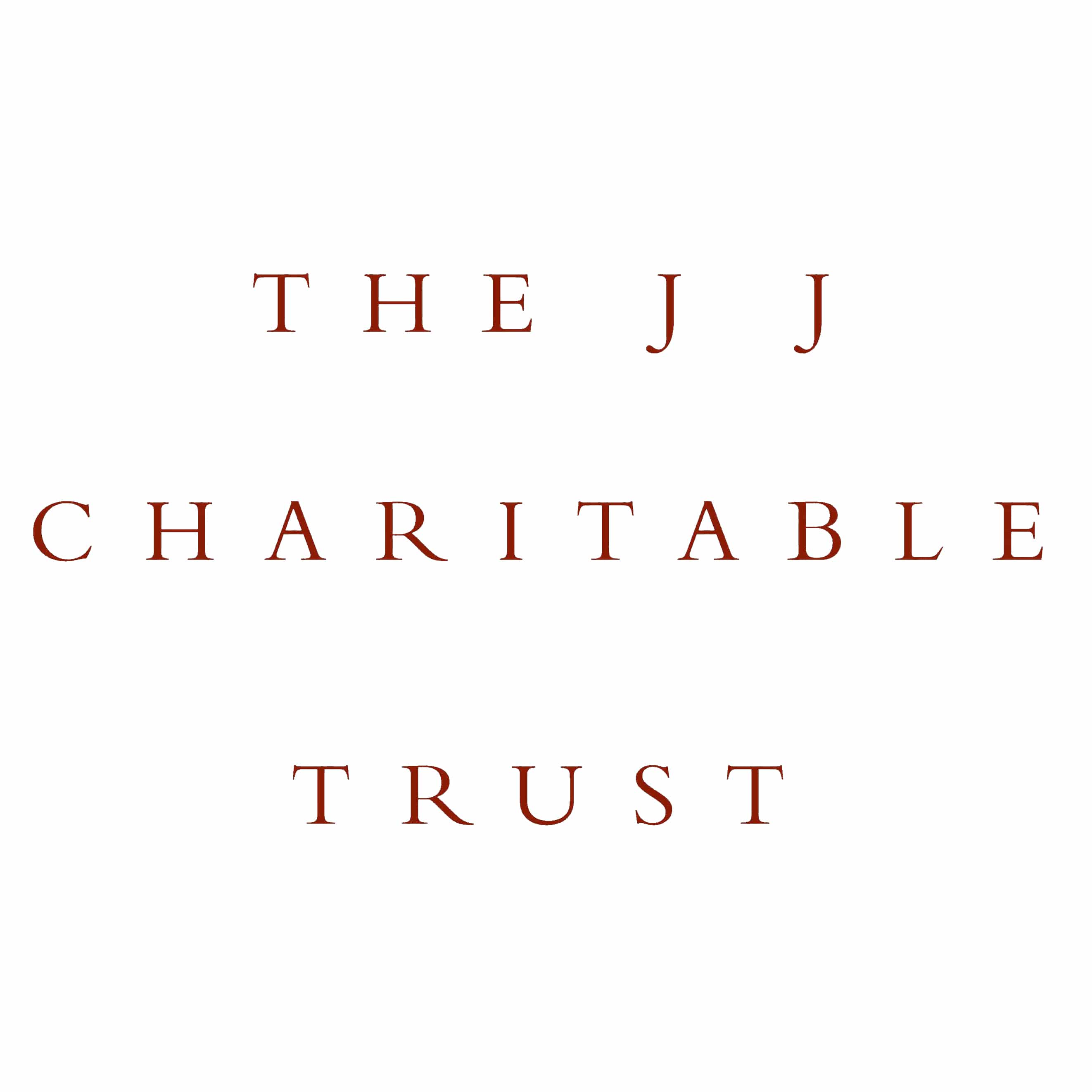Germany (Berlin)
Justice, conservation, wilderness; soulful, ancestral, unconsumable – these are not words usually associated with the fashion industry. But The Lissome weaves them through its pages, to offer a new way to celebrate the clothes we wear.
In 2015, Dörte de Jesus left the glossy world of traditional fashion media at ELLE magazine and started researching the darker side of fashion’s far-reaching consequences. From her canal boat home, she learned about the materials and labour that go into making clothes, and began meeting makers and interviewing them.
“What you find in traditional fashion media didn’t seem relevant to me anymore,” Dörte says, “because we’re not living in a time when we have time for superficial things. We’re living in essential times, in times of massive change – times when we have to ask ourselves ‘what kind of world do we want to create?’”

‘The Age of Separation’; Photographer: Yannick Schuette; Stylist: Sophia Schwan
She soon teamed up with fellow fashion industry professionals, photographer Anna Rosa Krau and stylist Sophia Schwan to publish online stories and fashion editorials as The Lissome collective – using the 18th century word ‘lissome’ meaning ‘gentle, calm, gracious, kind’. They hosted events in Berlin and London, and readership grew to more than 50 countries. In 2019, The Lissome’s growing collective raised over €11,000 on Kickstarter to launch the first print edition: A Wakening.
Its pages told visual stories of environmental protest, natural dyeing and the future of fashion education. The Lissome’s online editorials have included digital craftsmanship, urban foraging, the British coastline and clothes that transcend the disposable. And the second print edition, Rewilding – inspired in part by botanist Robin Wall Kimmerer’s seminal book, Braiding Sweetgrass – explores the concept of ‘enlivement’, introduces us to Hambach forest’s fearless forest guardians, and travels through the world of folk mythology.
Writing in a recent monthly newsletter, Dörte refers to the human need to slow down and rest as ‘deeply unfashionable things’. In The Lissome’s ethos and its content, the ‘unfashionable’ – but also, as she puts it, ‘radical’ and ‘essential’ – has permission to take up space. Less interested in what is trending than what is beautiful and thought-provoking, The Lissome’s version of fashion is slower and more wide-ranging than we are used to seeing in fashion magazines.
“At the moment, fashion is a celebration of glamour”, Dörte explains, “but fashion can be a celebration of beauty and joy as a soulful, spiritual expression, and of uniting craftsmanship with the gifts of nature. Our work really tries to create a connection between all the people involved in the making of the garment, the garment itself, the beautiful materials coming from nature, and the person wearing the garment.”
The Lissome’s editorials feature fashion brands less as an encouragement to buy them – though all are examples of slow fashion that emphasise craftsmanship and use carefully chosen materials – and more as a way to tell a story about how clothes are made and why we should build long lasting relationships with them. Dörte explains that “typical fashion magazines entice you to go shopping. In the machinery of hyper consumerism, they act like the catalyst for driving more materialistic desire. They create a weird bubble, where you’re not made to think about where clothes come from or how to relate to them meaningfully.”
By building connections between raw materials, makers and wearers, The Lissome links fashion to topics beyond its usual scope: to plant life and pollution, protest and politics. “Being in the world of fashion is a means of telling many different stories, including some that are very political. We made a conscious decision to tell things in a gentle way, a way that is beautiful. This allows us to tell thought-provoking stories in an inclusive way and share what we see as truths that are outside of mainstream thinking, in a way that opens up people’s mindsets. It lets information in in different ways.”

‘Homme’; Photographer: Stephanie Pfaender; Stylist: Sophia Schwan
It is in this creative communication, this opening up, that the true power of media lies. “Most people might not get excited by, or fully understand, scientific reports – but media, at its best, is a wonderful translator that does justice to the facts, brings them to life and generates a real impetus for change. It can make ideas tangible, and offer new visions for a world that’s a lot more equal, a lot more fair, a lot more gentle and loving.”
AtlasAction: wander through The Lissome’s online stories, order your (carbon neutral) copy of 2021’s Rewilding edition, and browse the Sustainable Brand Book of slow fashion brands from around the world.
Bio
Nature-geek, urban forager and all-round wordy sort. Freelance writer for organisations that care about the future. Often found reading while walking.
Project leader
Dörte de Jesus, Founder
Partners
This project has been selected as part of FashionFutures, a new content channel that maps the work of people transforming the fashion sector: the designers, craftspeople, social innovators, educators, community leaders and communicators. Atlas of the Future is excited to partner with Makerversity, with the support of The J J Charitable Trust and their network of fashion friends.
Support the Atlas
We want the Atlas of the Future media platform and our event to be available to everybody, everywhere for free – always. Fancy helping us spread stories of hope and optimism to create a better tomorrow? For those able, we'd be grateful for any donation.
- Please support the Atlas here
- Thank you!

'Organic'; Photographer: Anna Rosa Krau; Stylist: Sophia Schwan

'Les Objets Trouvés'; Photographer: Anna Rosa Krau; Stylist: Sophia Schwan



